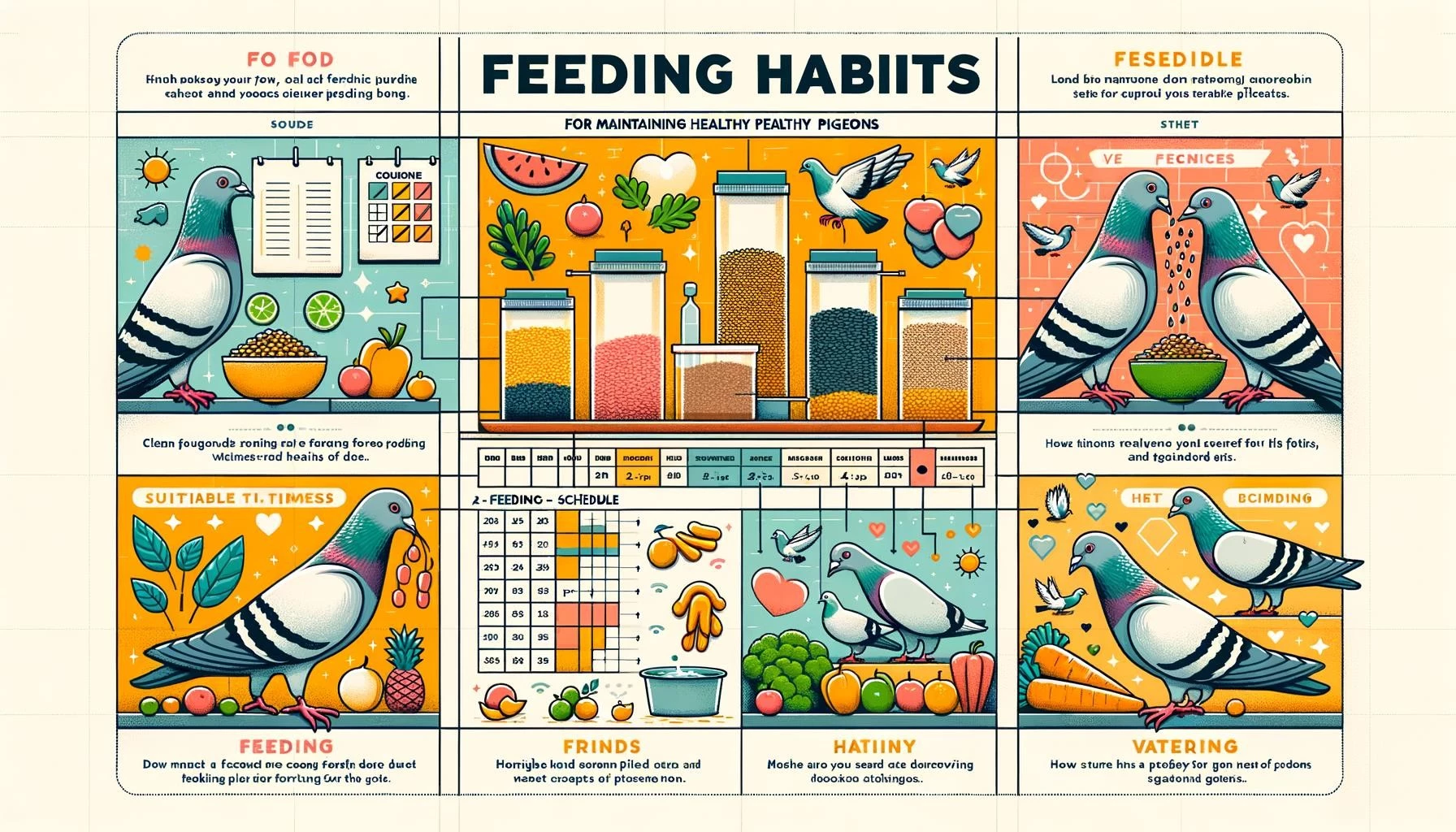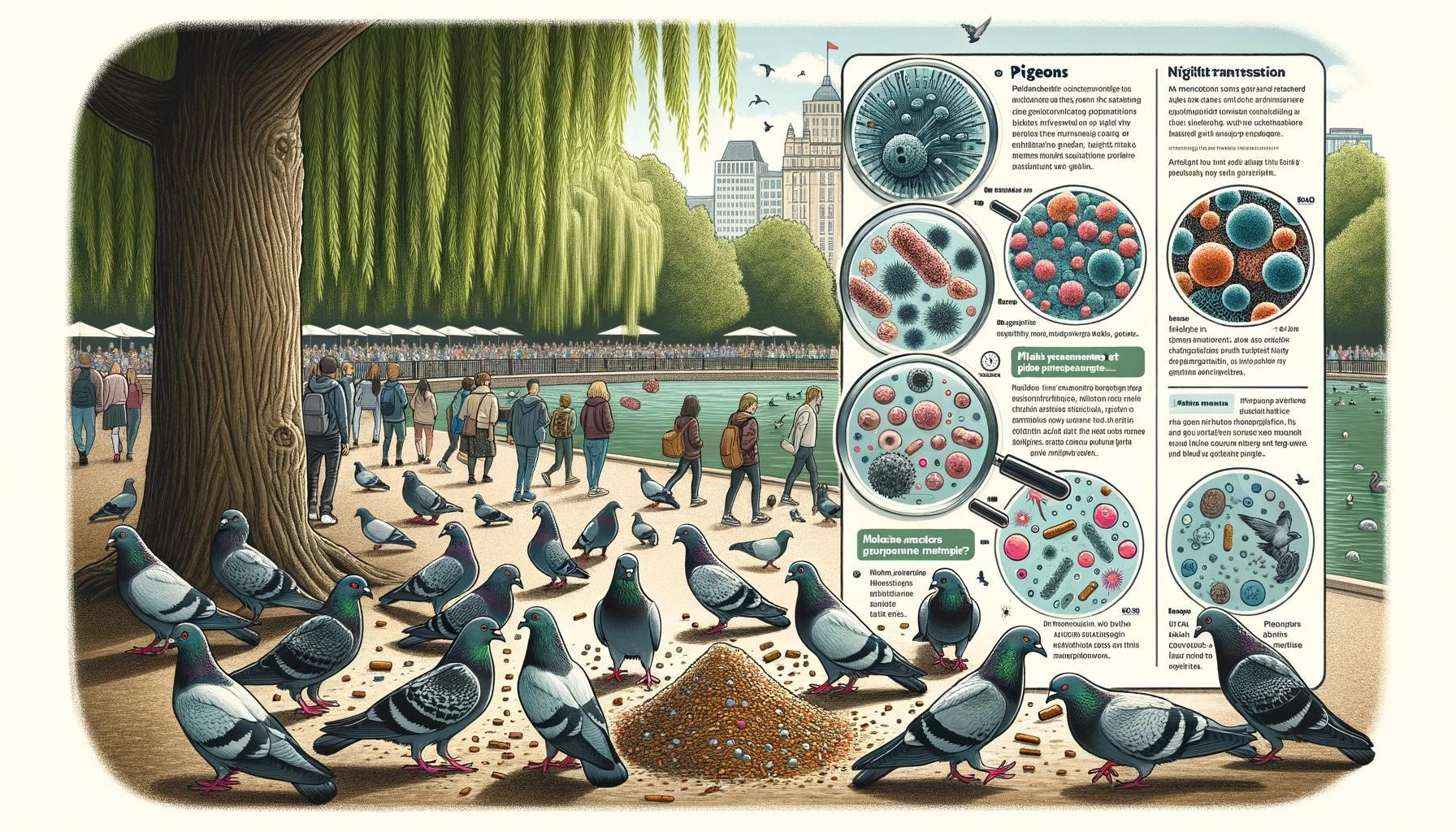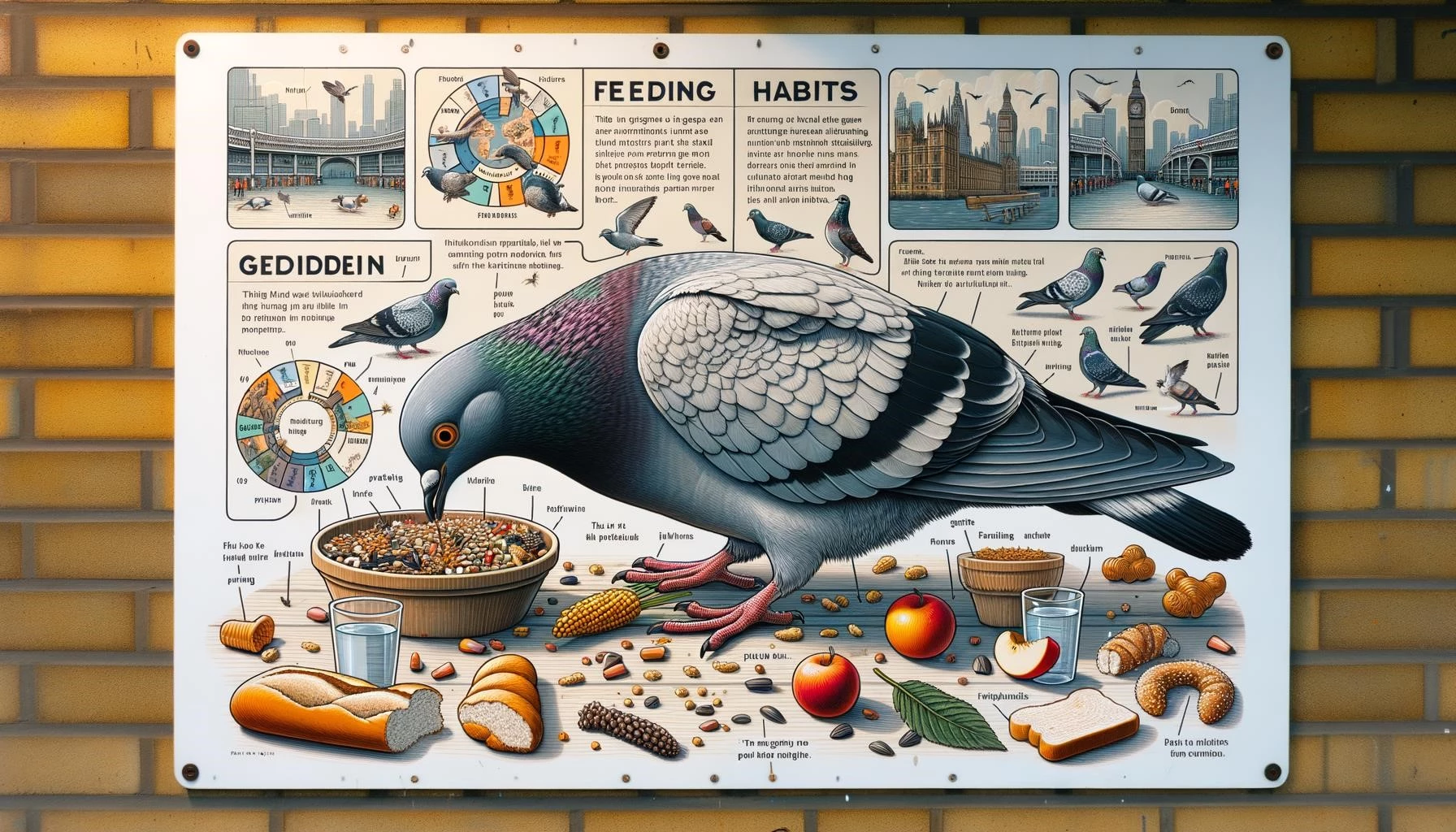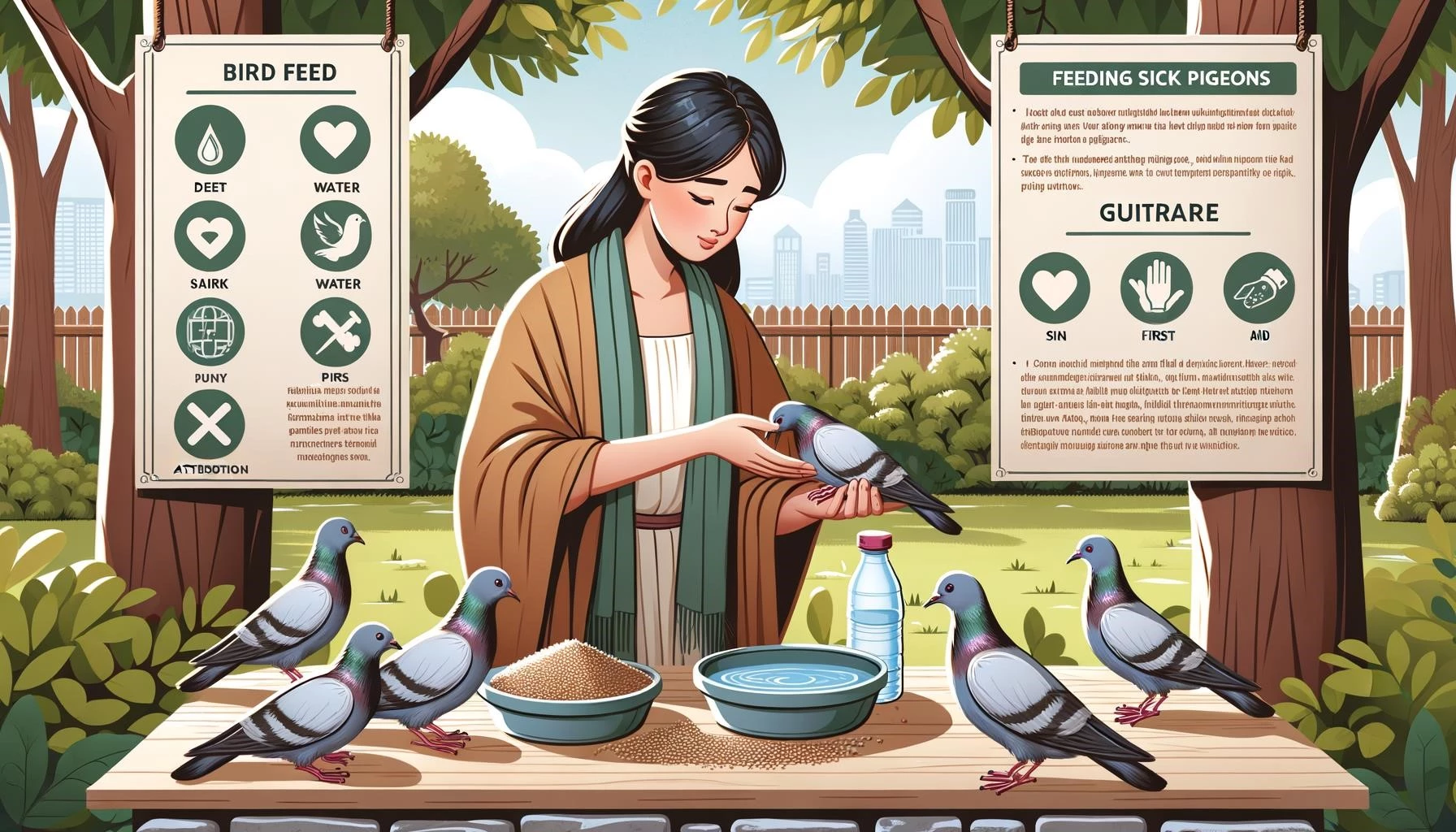Pigeons are common birds found in many urban and rural areas. While they are often seen as pests, pigeons can thrive and live a healthy life when they are provided with a balanced diet. Understanding their feeding habits is essential for ensuring their overall well-being. In this article, we will explore the recommended feeding habits for healthy pigeons.
Key Takeaways
- Pigeons primarily eat seeds and grains as their main source of nutrition.
- They also consume fruits, berries, and vegetables in the wild.
- Pigeons require ample water, especially during the breeding season.
- Feeding pigeons a varied diet of seeds, grains, fruits, and vegetables promotes their health.
1. Natural Diet of Pigeons
Pigeons are particularly fond of seeds and grains, which make up the bulk of their natural diet. Grass seeds and sunflower seeds are among their favorites. In the wild, pigeons also consume fruits, berries, and vegetables that are available in their habitats. These natural food sources provide pigeons with the necessary nutrients for their growth and survival.
It’s important to note that pigeons are not herbivores. They are opportunistic feeders and can eat a wide variety of foods, including insects, worms, and small invertebrates. However, when it comes to feeding pigeons in captivity or urban settings, their diet should primarily consist of seeds, grains, and plant-based foods.
2. Healthy Pigeon Feeding Practices
When feeding pigeons, it is crucial to provide them with a well-balanced and varied diet. This ensures that they receive all the essential nutrients they need to maintain good health. Here are some feeding practices to consider:
2.1. Seeds and Grains:
Seeds and grains should form the foundation of a pigeon’s diet. Include a mix of different seeds like sunflower seeds, millet, corn, and wheat in their daily meals. Avoid using birdseed mixes that contain fillers or additives, as they may not provide adequate nutrition.
2.2. Fruits and Vegetables:
Adding fresh fruits and vegetables to a pigeon’s diet is beneficial for their overall health and well-being. They can consume a variety of fruits and vegetables such as apples, grapes, peas, corn, lettuce, and spinach. Make sure to wash and chop the fruits and vegetables into small, easily digestible pieces before feeding them to the pigeons.
2.3. Water:
Pigeons require a constant supply of clean, fresh water. Water is essential for digestion, hydration, and overall body functions. Ensure that they have access to clean water at all times, especially during the breeding season when their water requirements increase.
2.4. Avoid Harmful Foods:
While pigeons have a diverse diet, there are certain foods they should avoid. Do not feed them salty or processed foods, as these can cause dehydration and other health issues. Additionally, avoid feeding them human food, especially meats, as it can be harmful to their health.
3. Feeding Frequency and Portion Sizes
Feeding pigeons the right amount and at the right frequency is essential for maintaining their health. As a general guideline, start by feeding around 2 tablespoons of food per bird per day and adjust the amount based on their consumption. Monitor their food intake and ensure that they finish the provided food within a reasonable time frame.
Pigeons are known to overeat, so it’s important to prevent excessive feeding. Feeding larger portions can lead to wastage and attract pests. By observing their feeding patterns, you can determine the appropriate portion sizes that meet their dietary needs without causing waste or excessive weight gain.
It’s worth noting that racing pigeons or pigeons with high activity levels may require additional nourishment to support their energy requirements. Consult with an avian veterinarian or an experienced pigeon fancier for specialized feeding recommendations, particularly for pigeons involved in racing or other high-performance activities.
In summary, pigeons thrive on a diet consisting of seeds, grains, fruits, and vegetables. Providing them with a balanced and varied diet, along with clean water, promotes their health and well-being. By adopting healthy feeding habits, you can enjoy the presence of pigeons and help maintain their overall vitality.








